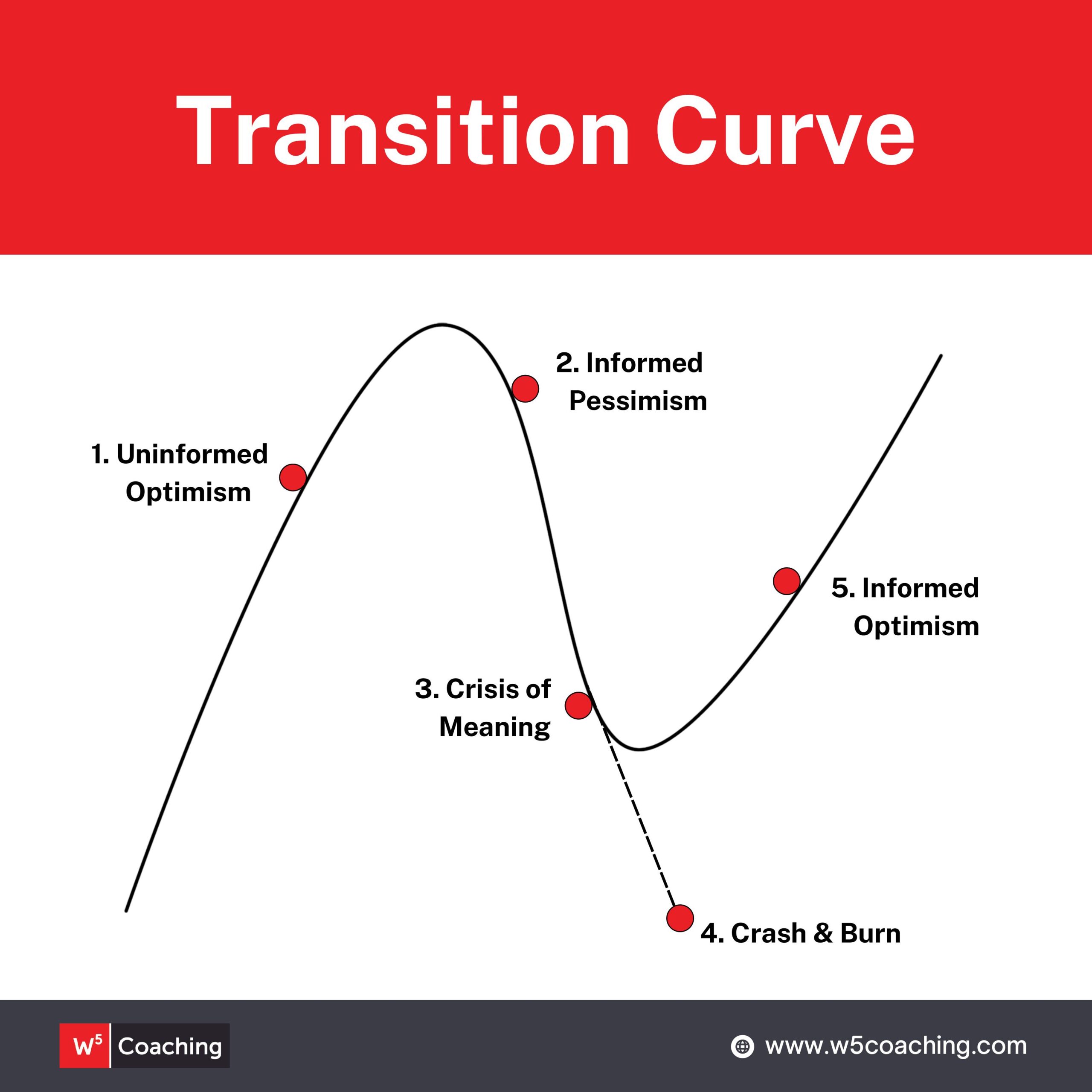The Emotional Rollercoaster of Taking Your Business to the Next Level
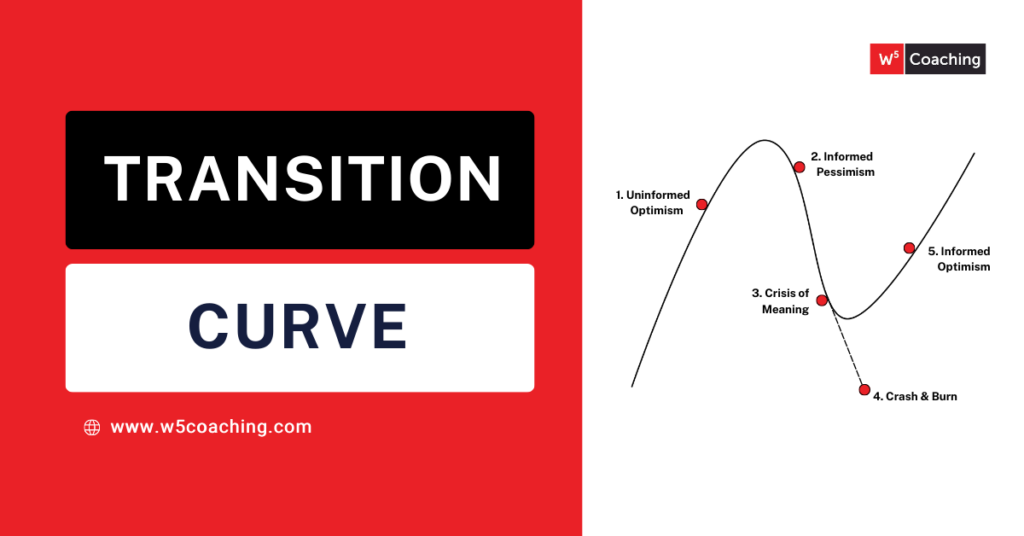
What they don’t tell you about taking your business to the next level
Many of my clients come to me with a desire to “take their business to the next level.”
The good news is that the steps to doing so are relatively simple and straightforward.
You need to implement systems, hire and train people to use them, and embrace your role as a business owner and leader.
Conceptually, these things are easy to understand.
Logistically, they are not that hard to implement. All the skills are learnable. Help is available.
The emotional side of making this shift is where owners run into trouble.
The steps are simple. But change can be an emotional rollercoaster.
On the one hand, it’s easy to get excited about setting big goals, making plans, and working towards a business that will give you time and money freedom.
On the other, it can also feel scary to go outside your comfort zone and hire help before you’re 100% certain that the increased sales will follow or to delegate important tasks to your staff.
If you’re feeling this, you are probably somewhere on the transition curve.
The transition curve is a model of the psychological stages that individuals undergo when they embark on a learning journey or face new challenges.
As you can see from the diagram, there are several stages. Let’s look at them.
Uninformed Optimism
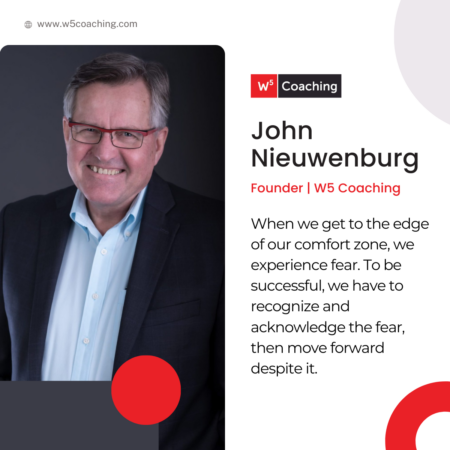
You might think that the challenge will be easy because you haven’t yet encountered any complexities or difficulties.
Simply put, you don’t know what you don’t know.
A person in the uninformed optimism stage might think:
“Building systems and delegating tasks will be easy! I’ll have more free time in no time!”
Informed Pessimism
As you gain more knowledge about the task, you realize that it might be a little bit more complicated and harder than you originally thought.
Doubt and worry set in and you may feel a decrease in confidence.
The good news is that now you can see the gap between your current skill level and what is required.
A person in the informed pessimism stage might think:
“This is harder than I thought. Maybe I’m not cut out to grow or scale my business.”
Crisis of Meaning
This is the inflection point of the curve. The challenges might seem overwhelming and you may question whether you should continue.
Crisis of Meaning can be associated with feelings of despair and a loss of purpose.
Perhaps you hire a VA and they don’t seem to be working out because they don’t understand your instructions and they make mistakes.
A person in the crisis of meaning stage might think:
“Was all this effort to systematize and delegate even worth it? Maybe I was better off doing everything myself.”
At this point, things could go either way.
Seth Godin calls this place “The Dip.”
Crash and Burn
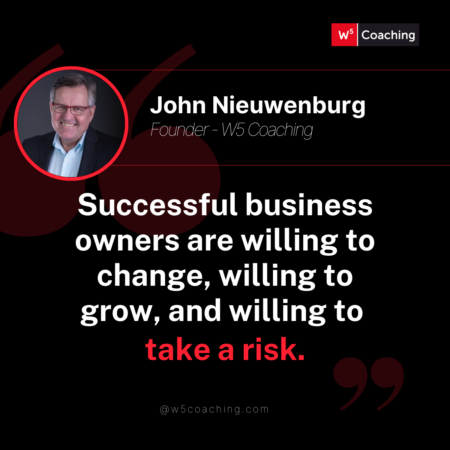
You declare that growing a team and building a business isn’t for you.
Instead, you decide to stay at the same size or even shrink your business.
Some people even give up their businesses entirely, believing that they are not up to the task of creating success for themselves.
Informed Optimism
If you get the support you need and push through, you will find yourself in the final stage.
At this stage, you find a way to manage the challenges.
You develop new strategies, learn new skills, and renew your commitment to the task.
While you are now more aware of the difficulties, you are also better equipped and more realistic about what it takes to overcome them.
A person in Informed Optimism might think:
“Building a team and systematizing my business is challenging. But with the right support, strategies, and persistence, I can do it. I can see how it will lead to sustainable growth and free up my time in the long run.”
While you may not have completed your goal (yet) you have the mindset and motivation to stay the course.
You’ve made it through the hard part of the curve and now you’re headed up.
And through this experience, you’ve become a better business owner.
Would you like some support making the business changes you know you need to make?
You CAN create a business that supports the lifestyle you want.
If you’d like assistance building a business that runs smoothly, profitably, and (mostly) without you – a business coach can speed up the process and support you as you make your way through the transition curve.
Find out if business coaching is a good fit for you by booking 15 minutes on my calendar: Book a Call with John
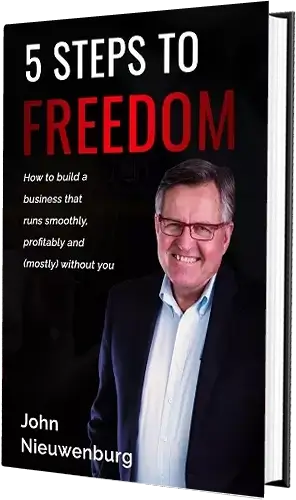
Build a Self-Managing Company
How to build a business that runs smoothly, profitably, and (mostly) without you.
Feeling stressed out and overwhelmed with a business that is taking all your time - and not giving you enough in return?
Are you finding it challenging to hire the right team (and get them to do the right things)?
I wrote this little guide for you!
Enter your details below to receive your free copy!

